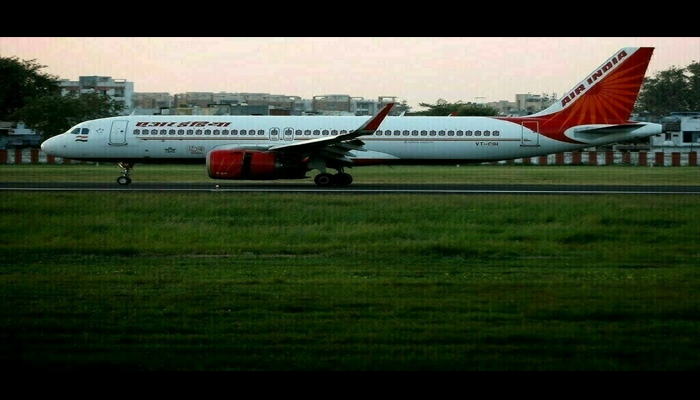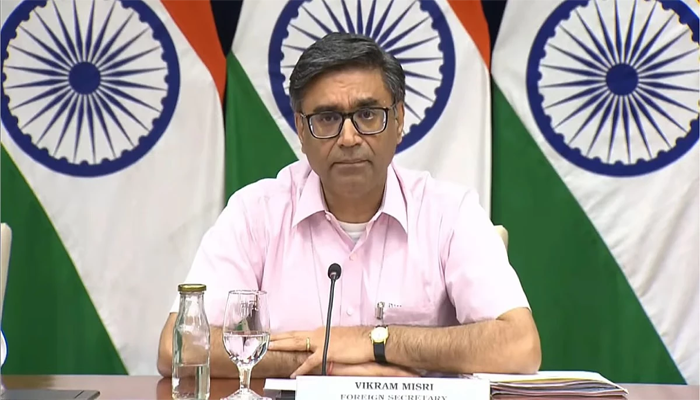NEW DELHI: Indian airlines, including major carriers Air India and IndiGo, are facing a surge in fuel costs and extended flight durations after Pakistan closed its airspace to Indian operators in response to escalating tensions over a deadly attack in Indian Illegally Occupied Jammu and Kashmir (IIOJK).
The move comes after India blamed Pakistani elements for a shooting in Pahalgam earlier this week, which left 26 people dead. Pakistan has strongly denied involvement. In retaliation, Pakistan barred Indian flights from entering its airspace — a decision set to remain in effect until May 23.
New Delhi’s Indira Gandhi International Airport, one of the world’s busiest, is the worst hit, as it serves as a hub for long-haul flights to Europe, North America, and the Middle East, many of which normally traverse Pakistani skies. According to data from aviation analytics firm Cirium Ascend, Air India, IndiGo, and Air India Express have about 1,200 international flights from New Delhi scheduled this month alone.
The immediate impact of the airspace restriction became evident on Thursday, when Air India and IndiGo started rerouting flights to destinations such as New York, Baku, and Dubai. For example, IndiGo flight 6E1803 from New Delhi to Baku took 5 hours and 43 minutes on Thursday — nearly 40 minutes longer than the same flight on Wednesday, which traveled through Pakistan's airspace.
“This will not only increase fuel consumption but also force airlines to reduce cargo capacity to make room for extra fuel,” an Indian aviation executive said. “Air India, with its extensive long-haul operations, is the most impacted.”
Fuel and oil costs typically account for about 30% of an airline's operational expenses. The timing is especially difficult for Indian airlines already grappling with aircraft delivery delays from Boeing and Airbus. “It’s a logistics and cost nightmare,” added the executive, who spoke on condition of anonymity.
IndiGo said on Friday that “a few” flights would be affected, while Air India confirmed on X that routes to and from North America, the UK, Europe, and the Middle East would follow “alternative extended” paths.
Airspace closures are not new to the region. In 2019, during a similar standoff, Pakistan shut its skies to Indian aircraft for five months — causing losses estimated at $64 million for Indian airlines, according to India’s civil aviation ministry.
With schedules disrupted and flight paths altered, Indian carriers are now revising crew and pilot rosters to comply with flight duty regulations, adding yet another layer of complexity to an already strained aviation sector.









